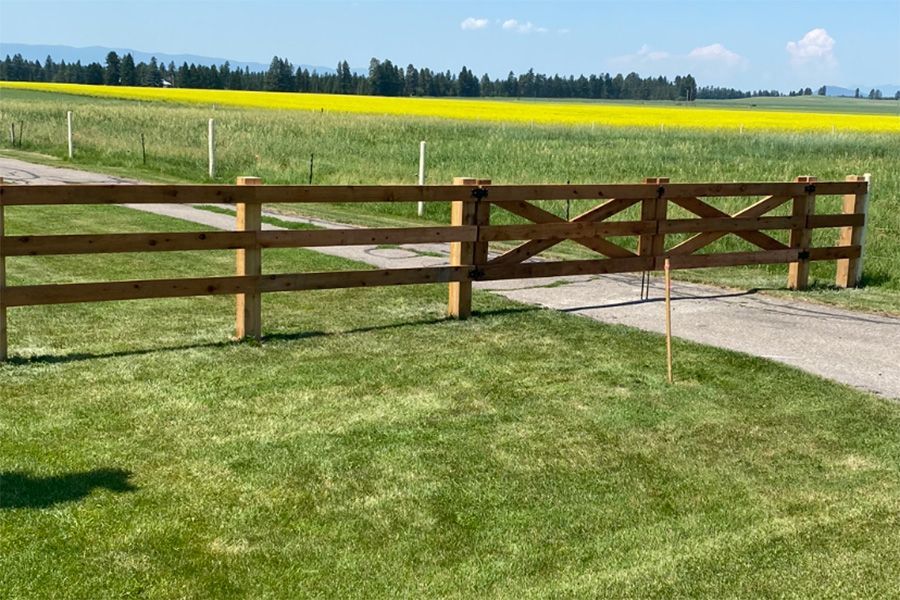Choosing the right fencing for your property can be challenging. Let’s break down the differences between continuous panel fencing and traditional options to help you decide.
Cost and Material Breakdown
The type of materials used in your fencing directly impacts its cost and functionality:
- Continuous Panel Fencing: Made with durable welded steel, continuous panel fencing offers excellent longevity. The initial price might be higher, but the minimal maintenance costs make it a wise long-term investment.
- Traditional Fencing: Traditional options such as wood, vinyl, or barbed wire tend to be less expensive initially, but ongoing maintenance can make them pricier in the long run.
Durability and Maintenance Considerations
Considering long-term durability and maintenance, here's how the two types of fencing measure up:
- Continuous Panel Fencing: Designed for toughness, continuous panel fencing can withstand harsh weather and livestock-related impacts. It requires very little maintenance, typically only occasional cleaning or rust treatment.
- Traditional Fencing: Prone to weather-related wear, wood fences can rot, while barbed wire and vinyl can break or degrade over time. Regular upkeep is often necessary to maintain functionality and appearance.

Aesthetic Differences
The visual impact of your fence contributes to your property’s overall charm:
- Continuous Panel Fencing: Featuring a contemporary and sleek design, continuous panel fencing suits both residential and agricultural settings. It’s customizable with various finishes and additions.
- Traditional Fencing: Wood and vinyl fences evoke a traditional, rustic style, while barbed wire is more utilitarian in appearance.
Which Fencing is Best for Your Needs?
The purpose of your fence will dictate which type is most suitable:
- Continuous Panel Fencing: Perfect for securing livestock, delineating property boundaries, and in areas where high durability is essential.
- Traditional Fencing: Ideal for smaller enclosures, aesthetic purposes, or when on a tighter budget.
Conclusion: Choosing the Right Fence
To make an informed choice between continuous panel and traditional fencing, evaluate your priorities carefully:
- For long-term durability and low maintenance, continuous panel fencing stands out as the best option for durability and minimal upkeep.
- For a more budget-friendly or decorative option, traditional fencing might be the better choice.
Assess your needs, budget, and aesthetic preferences to make the best decision for your property.